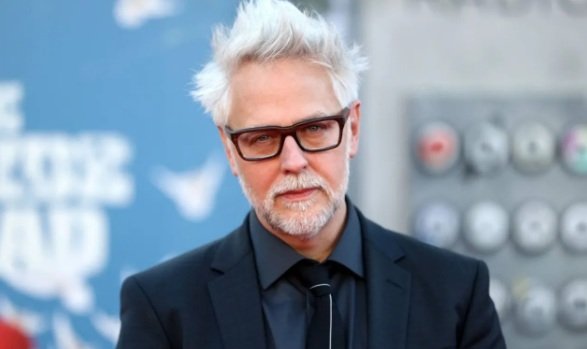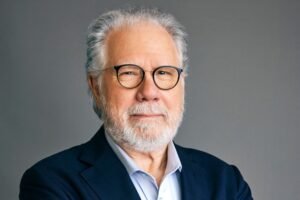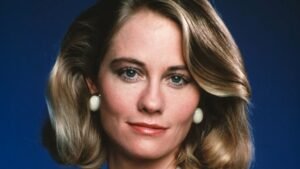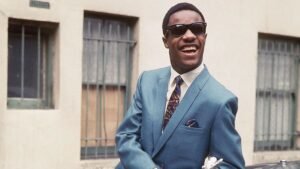James Gunn: an irreverent vision that redefined superhero cinema

James Gunn, codirector de DC Studios, combina humor, música y acción en sus proyectos más emblemáticos.
James Gunn is an American director, screenwriter, and producer known for transforming superhero cinema with his irreverent, emotional style and music-driven storytelling. From his beginnings in independent film to leading major franchises like Guardians of the Galaxy and The Suicide Squad, his career stands out for narrative authenticity and a unique vision that led him to become co-head of DC Studios.
Early years and education
Born in Missouri, James Gunn grew up surrounded by punk music, comic books, and B-movie horror films. He graduated from Saint Louis University and later earned a Master of Fine Arts from Columbia. His critical eye and provocative style began to take shape during this time, blending pop culture with countercultural references.
First steps at Troma
Gunn began his career writing for Troma Entertainment, a cult independent film company. In 1996, he co-wrote Tromeo and Juliet, a punk, grotesque take on Shakespeare. This experience defined his tone: satire, dark humor, stylized violence, and narrative boldness.
Breakthrough as screenwriter in Hollywood
In the early 2000s, Gunn established himself as a screenwriter. He wrote Scooby-Doo (2002) and its sequel, and contributed to the script for Dawn of the Dead (2004), directed by Zack Snyder. His ability to mix comedy, horror, and action made him a distinct voice in the industry.
Directorial debut
In 2006, he directed Slither, a horror-comedy with nods to 1980s gore cinema. Though not a box office hit, the film became a cult favorite. It confirmed Gunn’s talent as an auteur with a personal voice, balancing disgust, humor, and emotional depth with precise pacing.
The Guardians of the Galaxy phenomenon
Marvel hired him to direct Guardians of the Galaxy (2014). It was a risky move: little-known characters, irreverent tone, vintage soundtrack. The result was a huge success. The film revitalized the studio and reshaped the tone of superhero films.
Rise as an auteur
With Guardians of the Galaxy Vol. 2 (2017), Gunn solidified his aesthetic and ensemble storytelling. Emotion, absurd humor, action synced with music, and a carefully crafted visual style. His universe grew within the MCU and the characters he had revived became global icons.
Controversy and dismissal
In 2018, old offensive tweets from 2008 to 2011 resurfaced. Disney fired him. Gunn took responsibility, issued sincere apologies, and received support from colleagues and actors. The controversy sparked debate about cancel culture and the possibility of public redemption.
Reinvention at DC
After his dismissal, Warner Bros. brought him in to direct The Suicide Squad (2021). He was given full creative freedom. Gunn blended stylized violence, sharp humor, and a cast of dysfunctional antiheroes. Critics praised the film’s boldness, irony, and confident direction.
Success with Peacemaker
The character Peacemaker got his own HBO Max series, written and directed by Gunn. The show was a hit with audiences and critics alike. Gunn showed that his vision could thrive beyond film, maintaining his signature blend of irony, music, humanity, and irreverence.
Return to Marvel
In 2019, after months of debate, Disney reversed its decision and rehired him for Guardians of the Galaxy Vol. 3. Actor support was crucial. Gunn became one of the few creatives to lead major franchises at both Marvel and DC.
Style and legacy
Gunn’s films stand out for linking the marginal with the heroic. His characters are often outcasts seeking purpose. His use of music is narrative, not decorative. His authorial imprint is distinct in an industry full of formulas. His career continues to evolve.





